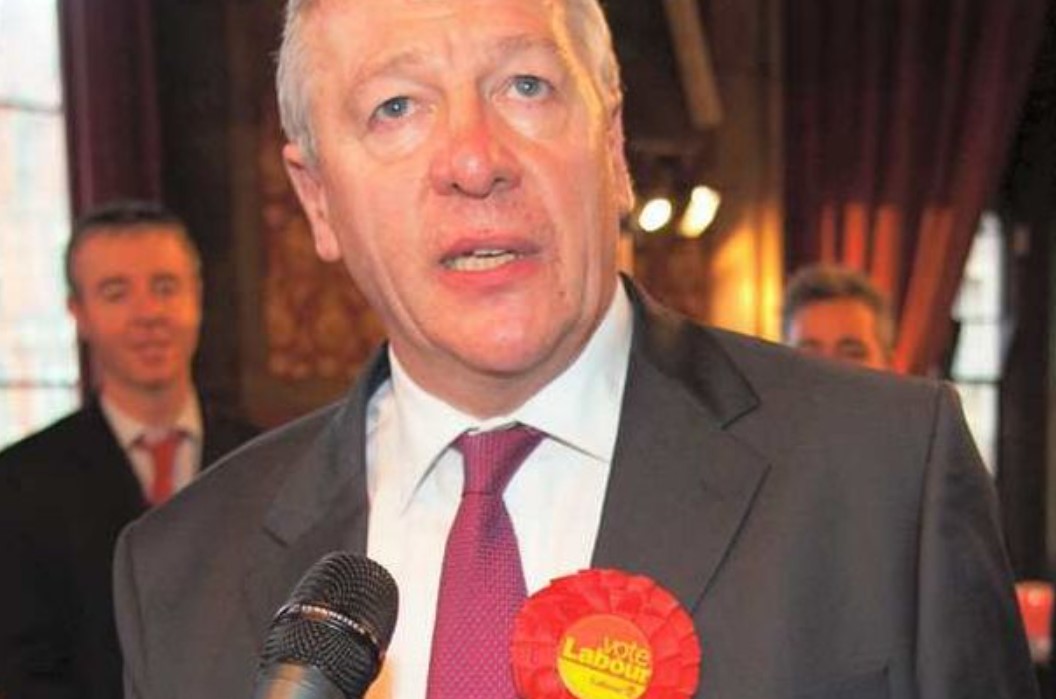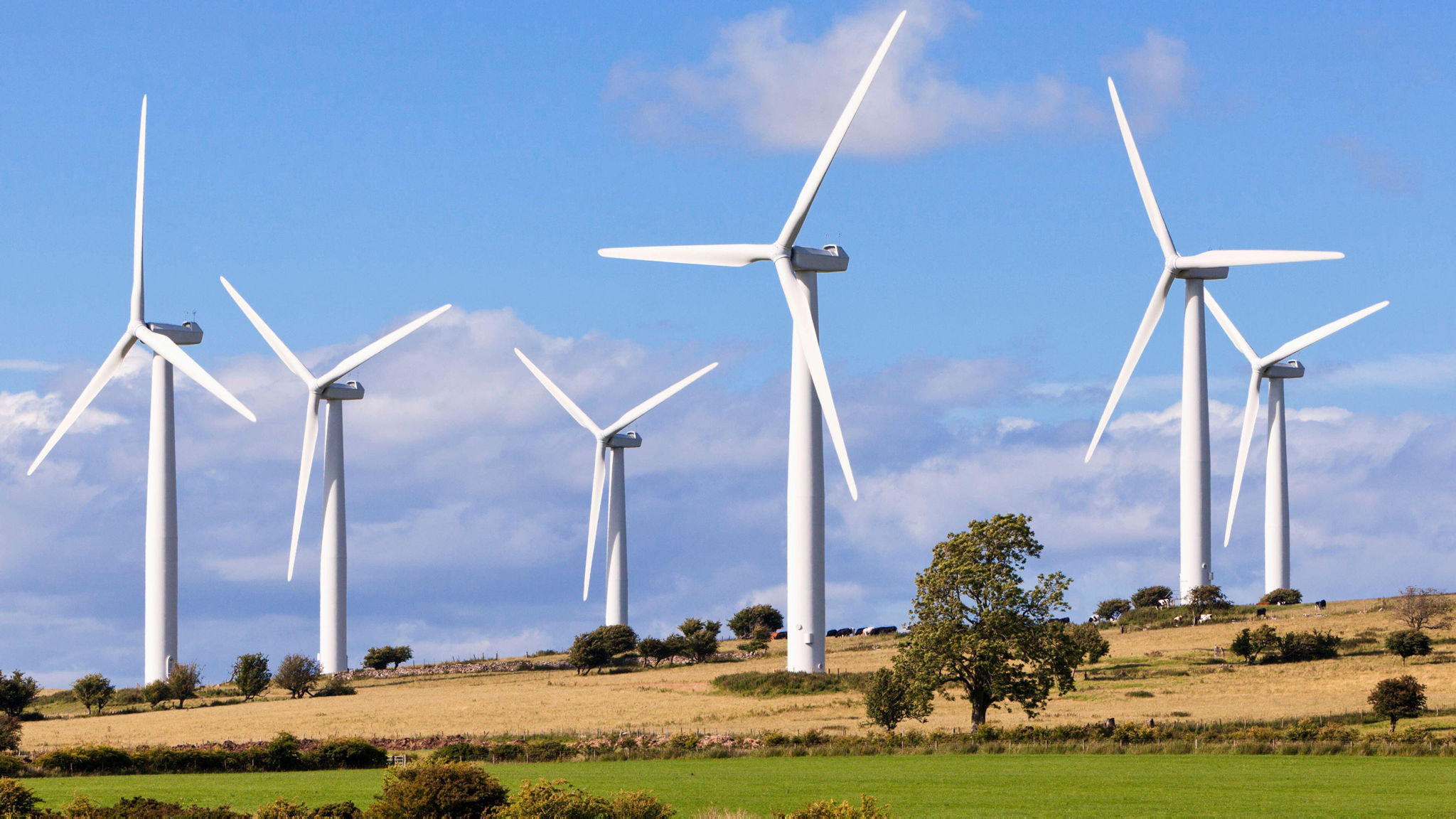As the Government sets out its ‘toolbox’ for its “winter plan” which continues to hold out the threat of new restrictions, a new cross-party group of MPs and Peers has formed to hold ministers’ feet to the fire.
The All-Party Parliamentary Group for Pandemic Response and Recovery brings together parliamentarians of all parties from both Houses of Parliament to examine the impact on society of the Government’s pandemic policy.
The group says that its aim is to provide a forum for scientists, health professionals and other experts to engage in broad, balanced and open discussion to inform a more focused and flexible approach to Government policy. It seeks to point the way to new approaches to pandemic management which prevent avoidable suffering and loss in the future.
The Pandemic APPG is an officially registered Parliamentary Group co-chaired by Rt Hon Esther McVey MP (Conservative) and Graham Stringer MP (Labour). MPs on the Group include Conservatives Sir Charles Walker, Sir Graham Brady and Miriam Cates, Labour’s Derek Twigg and Emma Lewell-Buck, the Democratic Unionist Party’s Sammy Wilson and Ian Paisley. Peers on the group include Independent Baroness Fox of Buckley and Conservative Baroness Foster of Oxton, DBE.
Addressing its inaugural meeting, which took place on Wednesday September 8th, Robert Dingwall, Professor of Sociology at Nottingham Trent University and a former NERVTAG and JCVI member, and Dr John Lee, retired Consultant Histopathologist and former Clinical Professor of Pathology at Hull York Medical School, urged a fresh approach to policy making.
Professor Dingwall commented:
Every policy measure to mitigate the pandemic has come with costs. We must test any ongoing measures, especially non-pharmaceutical interventions, against what we once thought necessary and assess the genuine risks. It is time also, to foster wider public debate that broadens the Government’s scientific advice network to involve a whole-of-science approach.
A good society is defined by life, health, liberty and the pursuit of happiness, not by the prevention of one disease alone.
Dr. John Lee added:
Preventing COVID-19 has become all consuming and has been pursued at a huge cost to society, which many predicted. We cannot continue to make policy based on the worst case scenario. We must set calm, reasonable thresholds for any future measures based on proper assessment using real world data and evidence.
It is also time to start asking serious questions. Who is in charge of running the country, scientific advisers or government? What are their conflicts of interests?
Co-Chair Graham Stringer MP said:
There has been considerable concern among many MPs and peers, myself included, about the one-sided nature of the scientific debate, which has given rise to policies that have dramatically affected the lives of constituents up and down the country.
We must ask, did the Government and its scientific advisors implement public health measures that were proportionate to the risk?
I hope that the Pandemic Response and Recovery APPG will allow and encourage a forum in which all voices will come forward and be heard. So much of the science is not settled. We look forward to hearing from a wide range of groups and individuals, scientists, health professionals, business leaders, members of the public and organisations, to inform the Group’s recommendations on future pandemic policy.
Collateral Global, the group set up by Great Barrington Declaration authors Professor Jay Bhattacharya, Professor Sunetra Gupta and Professor Martin Kulldorff, along with Professor Carl Heneghan, will act as the new APPG’s secretariat, marshalling scientific and medical expertise to inform the group’s deliberations and recommendations.
We wish the new group every success in bringing a more balanced and well-informed debate to lawmakers.












To join in with the discussion please make a donation to The Daily Sceptic.
Profanity and abuse will be removed and may lead to a permanent ban.
Other cheek of the same orifice – Saving humanity from the humanity haters.
Off-T
Breaking News.
This should be hilarious. Kneel will be spinning faster than one of Milli’s windmills to convince us all “nothing to see here.”
https://www.conservativewoman.co.uk/breaking-eu-commission-wrong-to-block-von-der-leyens-secret-texts/
“… that, for the sake of future generations, we have duties of care to the planet..”
The vast tonnage of absurdity and nonsense shows low grade thinking and weak intellect.
Did our Stone Age ancestors have a “duty of care”? Yes? Please do show how they achieved this marvel. Perhaps it’s just modern Man who has had a “duty of care” bestowed upon him. By whom?
Do we also have a duty of care for the Moon – if not why not? What about all the little asteroids – surely we must have a duty of care to these little darlings.
How about the Sun does our duty of care extend to it – are we using too much of its energy? That’s not sustainable. Yikes!
Planet Earth is a big rock hurtling through Space – a speck of dust comparatively speaking – with a vast, chaotic, non-linear, dynamic system which coincidentally, serendipitously has the right conditions to sustain life including Human life, in the development and emergence of which conditions we played no part and cannot in any way control. King Cnut put that stupid notion to bed a thousand years ago.
We have a duty of care to ourselves and the propagation of our species – that’s all. The “duty of care” we supposedly have involves impoverishing and immiserating Humans in pursuit of this Paganist “duty”.
The natural condition of Humans is poverty. By our ingenuity, Human capital and using what the Planet provides we grown wealthy. E have as much “duty of care” to “the planet” as we have to a lump of coal.
The argument is that by our actions we are compromising the planet in a way that will harm us. So by “saving the planet” we are saving ourselves, because the planet is where we live. You could argue that if the impending danger to “the planet” is clear and preventable and that downsides of any actions taken to prevent that danger are less than the consequences of doing nothing, then we should act. But I would say that the bar for proving all that has to be pretty high and the consequences of various courses of action pretty clear before we can make a meaningful choice – like a huge asteroid is approaching that will smash us to pieces and we can stop it by, for example, blowing up Alaska with everyone it. Absent unequivocal proof, the precautionary principle applies (not the perverse version that was used during “covid”).
The argument is that by our actions we are compromising the planet in a way that will harm us. So by “saving the planet” we are saving ourselves, because the planet is where we live.
Who defines what precisely contitutes a compromised planet and an uncompromised one, what’s the definition and who decides if it does or doesn’t apply to any particular planet? Further, who determines what’s necessay to uncompromise or decompromise a compromised planet and who has the authority to ensure it gets done and where did this authority come from?
Such a statement is really just grandiloquent waffle certain kinds of people employ to camouflage their desire to control other people to the degree chess players control chess pieces: They must not move unless authorized to do so and they may only move exactly as authorized. Otherwise, IRREPARABLE PLANETARY COMPROMISE will occur.
Bonus question: Are people who believe it’s up to them only them to prevent IRREPARABLE PLANETARY COMPROMISE really the kind of people who’d be able to prevent that should this actually be necessary? Or are they perhaps seriously full of themselves and greatly overestimate their abiltiy to avoid stupid mistakes?
Wisdom, intelligence and knowledge beget modesty and not rethorical cavalary charges against global boiling.
Indeed. As with “covid”, in a real emergency you would not need to pass laws to tell people what to do.
”Saving the planet” we are saying to ourselves we are lunatics,
This impending danger to,”the planet” – what happens… planet explodes, veers off into a galaxy far, far away?
I struggled to come up with an example which tells me that it’s not something we should be thinking about much. If there’s ever an obvious “emergency” then there won’t be much debate about it – for example, most people agree that, for example, exploding nuclear bombs over every inch of the planet would not be a good idea, neither would developing something that poisoned every source of water or killed all plant or animal life. Nobody needs a committee to tell them we should avoid doing those things. Or telling that living under an active volcano is dumb, or living next to a river that keeps flooding without building flood defences.
If you think farmers have a much longer view of time then try joining us in forestry where you will commonly plant a crop that will mature after you die.